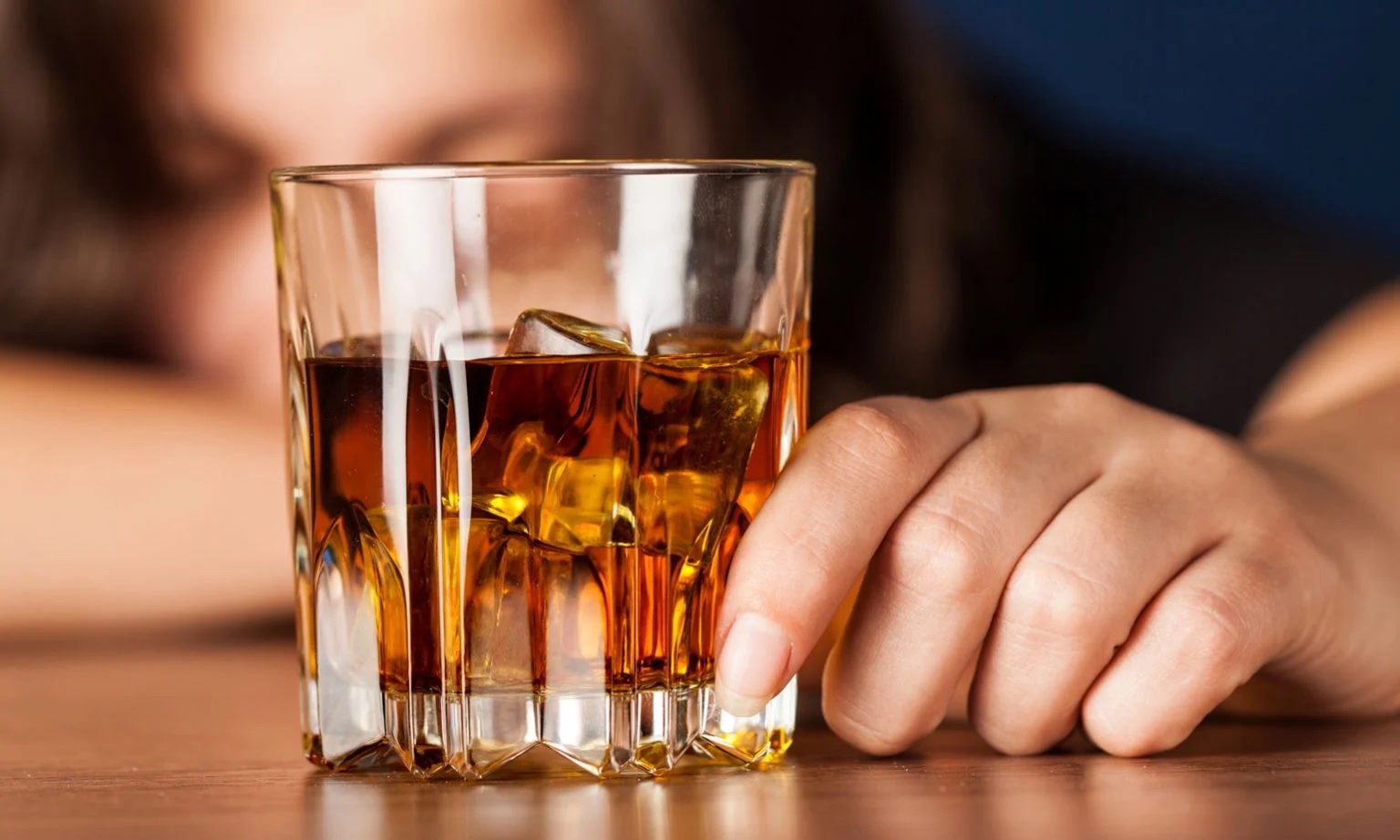
Addiction Recovery: Honesty is Essential
If you or a loved one is suffering from substance abuse or addiction issues, there is always an air of dishonesty surrounding the whole matter. It’s always the case with the addict, but the family is often just as dishonest. So it goes with the problem because the family is ashamed or feels guilty. So they try to protect by covering it up. If you have diabetes, well, that’s a different story. It’s easy to talk about diabetes, but society has created a stigma about substance abuse. Instead of treating it like a physical disease, they think it’s a moral problem. “She’s a bad character!” “He’s a bum and drinks all day!”
When we look at addicts like they are bad people, we think they deserve to suffer. Nobody deserves to suffer. “Well, most of them steal to buy drugs!” Yes, they are stealing our physical property for survival. They survive and use those animal instincts within a small part of the brain to stay alive. It’s a human’s basic survival skill. They learn to lie, cheat, steal, and manipulate. Not much different than a marketing guy in a suit. Or a TV reporter is telling us about the state of our nation.
Not Everybody is Ready to Accept the Truth
Many people are not ready to accept their fate as a fundamental truth. Addiction is ugly, and many will use their drug of choice or drink until it kills them. That’s a hard fact. You can tell an addict what his future looks like, but despite those horrible options, their disease will say to them they’re the exception. The disease basically says, “It won’t be that what way for you!”
The disease of addiction is insidious. It’s the only disease that tells you that you don’t have a condition. I’m not a neuropsychologist or an expert on the brain, but once you cross the line from being a casual user to becoming an addict, your mind is no longer your friend. That is another fundamental truth.
Albert Einstein famously said, “The level of consciousness which created your problem cannot solve the problem.”
That is the dilemma of addiction in a nutshell. Once your brain becomes hardwired to addictive thinking, you become powerless over the drug or drink. You will choose addiction over life itself. In order to survive addiction, you’ll need to rewire your brain. It’s a simple process but it’s not easy because you are working against your egoic brain setup to drink or use. It’s stuck in that pattern.
Overcoming Addiction
The first step to overcoming addiction is accepting your fate. You must conclude deep down inside that you will die if not jailed or institutionalized. In AA, they will tell you that if you are a real alcoholic, your destiny is “jails, institutions, or death.” They aren’t trying to scare you. Doctors will tell you that if you drink again, you will surely die. Many alcoholic and drug addict here’s this and weep. They swear they will never do it again. Once released from the hospital, they will be using again within days and wondering why.
It’s an unfortunate outcome. But, unfortunately, most refuse to believe this fundamental truth about their disease.
If our health institutions were honest and reported deaths accurately, many would show the cause of death as an addiction so we could see just how prevalent it is in society. They masque the cause of death. Call it suicide and organ failure. The families sure don’t include it in their obituary.
A Vital Spiritual Experience
So, when faced with these impossible odds, what is an addict or alcoholic to do? What is the solution?
Well, the solution is divine intervention. It’s also referred to as a spiritual experience or awakening. In the AA tradition, they considered the Harvard psychiatrist William James definitions:
Psychologist and philosopher William James described four characteristics of mystical experience in The Varieties of Religious Experience. According to James, such an experience is:
Transient – the experience is temporary; the individual soon returns to a “normal” frame of mind. Feels outside normal perception of space and time.
Ineffable – the experience cannot be adequately put into words.
Noetic – the individual feels that he or she has learned something valuable from the experience. Feels to have gained knowledge that is normally hidden from human understanding.
Passive – the experience happens to the individual, largely without conscious control. Although there are activities, such as meditation (see below), that can make religious experience more likely, it is not something that can be turned on and off at will.
https://en.wikipedia.org/wiki/Religious_experience
The big book of Alcoholics Anonymous is designed to bring about such an experience. You can buy online or attend a local meeting in the Muncie area and ask about the literature.
In the book, you will find a whole bunch of personal stories about addictive men and women; what they were like using, a description of their spiritual experience, and how they live normal lives.
Then, by reading the text and working the steps outlined in the first 164 pages, the addict or alcoholic will receive his own psychic change to cure the obsession to drink or use drugs. A path to find his own spiritual awakening.
Once you wake up, there are maintenance steps, meetings, fellowship, sponsorship, and other tools you can use. You can also read Awareness is the Key to Living which discusses principles and tools to maintain your spiritual awakening. You will find that AA and other 12-step programs do not infringe upon your religious beliefs. If anything, it will complement or deepen your ideas.
The most incredible aspect of the program is working with others addicts and alcoholics. You’ll find that you’ll want to share your experience with others suffering from addiction. You’ll want to continue growing and watching those around you grow as well.






